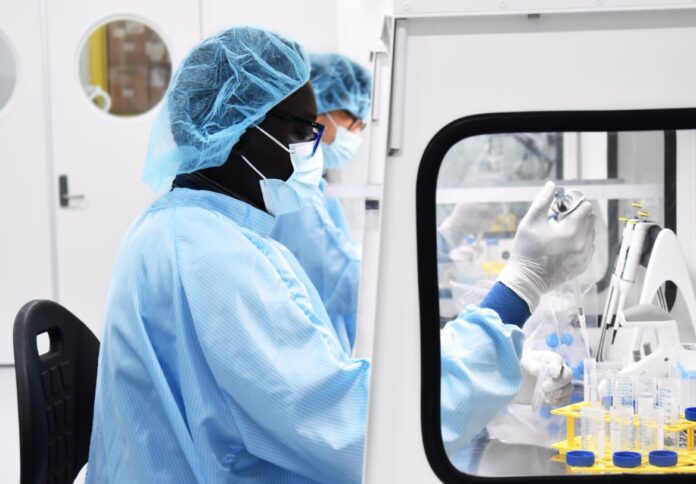
Scientists from the Department of Defence and ZiP Diagnostics have teamed up with Health Security Systems Australia (HSSA) to create a point-of-care (POC) diagnostic capability for the detection of priority diseases in the Indo-Pacific area.
According to research foundation DMTC, the COVID-19 pandemic revealed a hole in the manufacturing of diagnostic tests by sovereign nations.
Thus, increasing Australia’s capacity for domestic diagnostic manufacturing will help the country fight supply chain risks and maintain its leadership in the Indo-Pacific region’s health and medical sectors.
In particular, this three-year partnership will yield tests that can identify a number of regionally important pathogens utilising a low-cost and quick POC platform, giving a field-deployable test result in 15 to 30 minutes, enabling prompt clinical intervention.
ZiP Diagnostics and Axxin will collaborate to create this technology, which will make use of a vertically integrated domestic production capability.
Dr Greg Coia, research leader at CBRN Defence DSTG, said this project is essential to improving sovereign diagnostic capabilities, which is a priority area for DSTG to support Defence and national security requirements.
“The technology being created in this project focuses on pathogens relevant to both military and public health, and not just in Australia but across the Indo-Pacific region,” Coia remarked.
According to Dr Jack Richards, scientific director of ZiP Diagnostics, funding for this initiative demonstrates a commitment to helping Australian businesses create cutting-edge technologies and carry out their manufacturing operations domestically.
“This is a wonderful example of the capability to solve complex biomedical defence threats when there is cross-organisation collaboration that includes multiple Defence agencies and Australian industry partners,” Dr Richards said.
Meanwhile, Bill Hopper, Axxin’s technical director, stated that Axxin is highly committed to the supply of a next-generation instrument to support DMTC and the ZiP cartridge, as well as multiplexed assays with integrated sample processing.
“The instruments will be manufactured in Axxin’s Melbourne facility accredited for manufacture of regulated IVD medical devices,” Hopper noted.
The initiative, according to Dr Felicia Pradera, general manager at HSSA, is yet another illustration of DMTC’s solid ties to DSTG and other defence departments.
“DSTG has always been an integral supporter and partner to DMTC,” Dr Pradera said.
She continued, “Since the start of the Medical Countermeasures program in 2015, this collaborative relationship has gone from strength to strength. We’re looking forward to seeing the relationship with DSTG, as well as with ZiP Diagnostics and Axxin, continue to flourish throughout this project.”




















